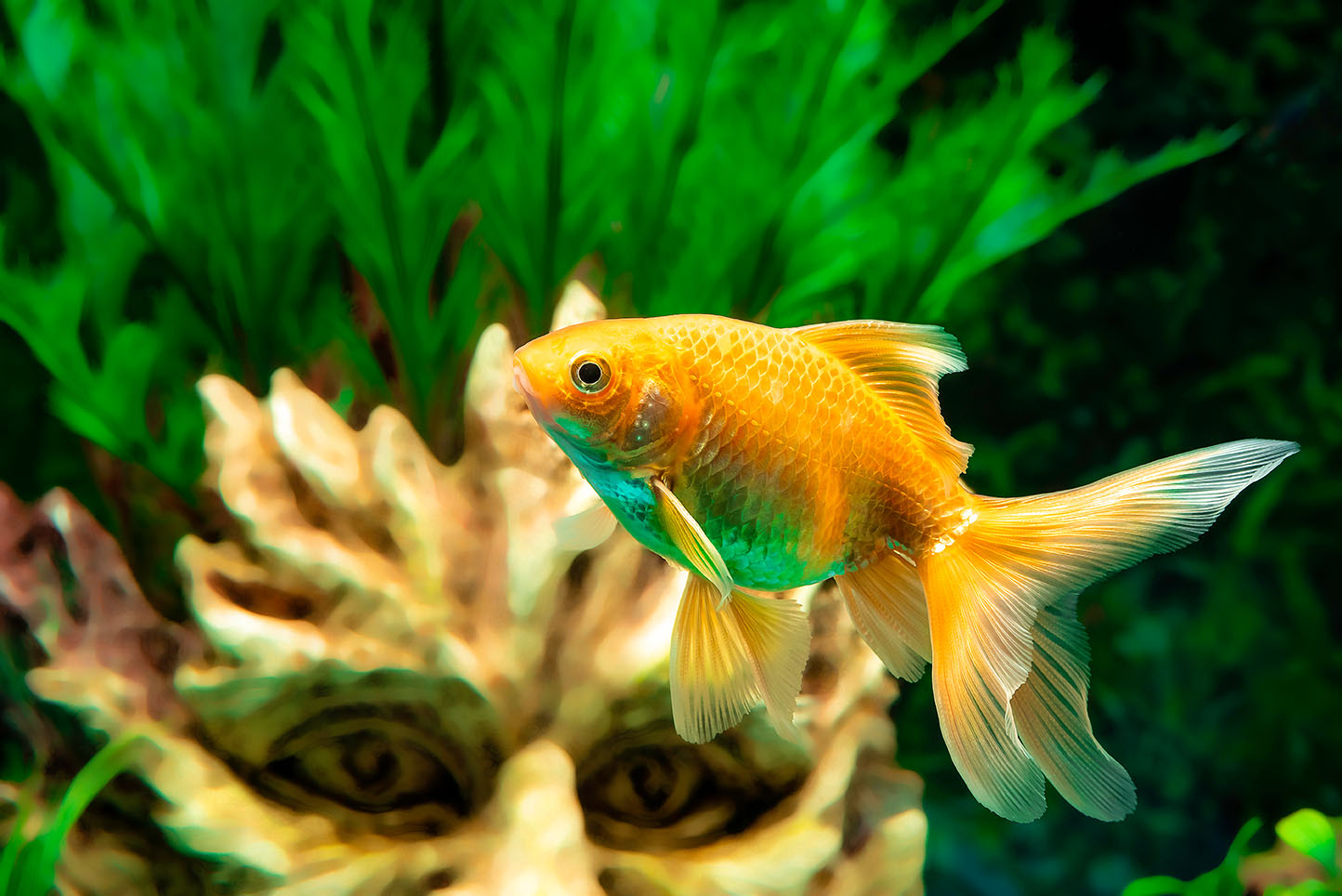

Ichthyology is the study of fish. It is a branch of zoology that deals with the taxonomy, morphology, physiology, ecology, behaviour, and evolution of fish.
Ichthyologists study fish in a variety of ways. They collect fish specimens, observe them in the wild, and conduct experiments in laboratories. They also use tools such as microscopes, computers, and DNA sequencing to study fish.
Ichthyologists use their knowledge of fish to help us understand the marine ecosystem and to manage fish populations. They also use their knowledge to develop new products, such as fish oil and fishmeal.
Ichthyology is a fascinating field of study that is important for our understanding of the natural world. It is also a rapidly growing field, with new discoveries being made all the time.
The ichthyologist studied the behaviour of fish in their natural habitat.

Noun: Ichthyology is the scientific study of fish. It encompasses the study of fish anatomy, behaviour, ecology, evolution, and classification.
Adjective: Ichthyological means "relating to ichthyology". For example, an ichthyological journal is one that publishes articles on fish.
Verb: To ichthyologize is to study fish.
The word "ichthyology" comes from the Greek words "ichthys" (fish) and "logos" (study of). It was first used in English in the early 19th century to refer to the scientific study of fish.
What is ichthyology the study of?
Question:
Explain the field of ichthyology and its significance in the study of aquatic ecosystems, detailing how ichthyologists contribute to our understanding of fish diversity, behaviour, and conservation, and discuss the role of fish as indicators of environmental health.
Answer:
Ichthyology is the scientific study of fish, encompassing their biology, ecology, behaviour, and conservation. Ichthyologists play a crucial role in unravelling the mysteries of aquatic ecosystems and the organisms that inhabit them.
By examining fish anatomy, genetics, and behaviour, ichthyologists contribute to our understanding of fish diversity and evolution. They study how different species adapt to various habitats, helping us comprehend the intricate web of life in aquatic environments.
Furthermore, ichthyologists investigate fish behaviour, including feeding habits, mating rituals, and migration patterns. This knowledge is vital for the conservation and management of fish populations, as it informs strategies to protect vulnerable species and sustainably exploit fishery resources.
Fish also serve as indicators of environmental health. Changes in fish populations can reflect shifts in water quality, habitat degradation, and ecosystem imbalances. Ichthyologists monitor these changes, providing valuable data for assessing the well-being of aquatic ecosystems and informing conservation efforts.
In conclusion, ichthyology is a multidisciplinary field that sheds light on the intricate world of fish and their role in aquatic ecosystems. Through the study of fish diversity, behaviour, and their interactions with their environment, ichthyologists contribute to the conservation of these vital resources and the preservation of healthy aquatic ecosystems.